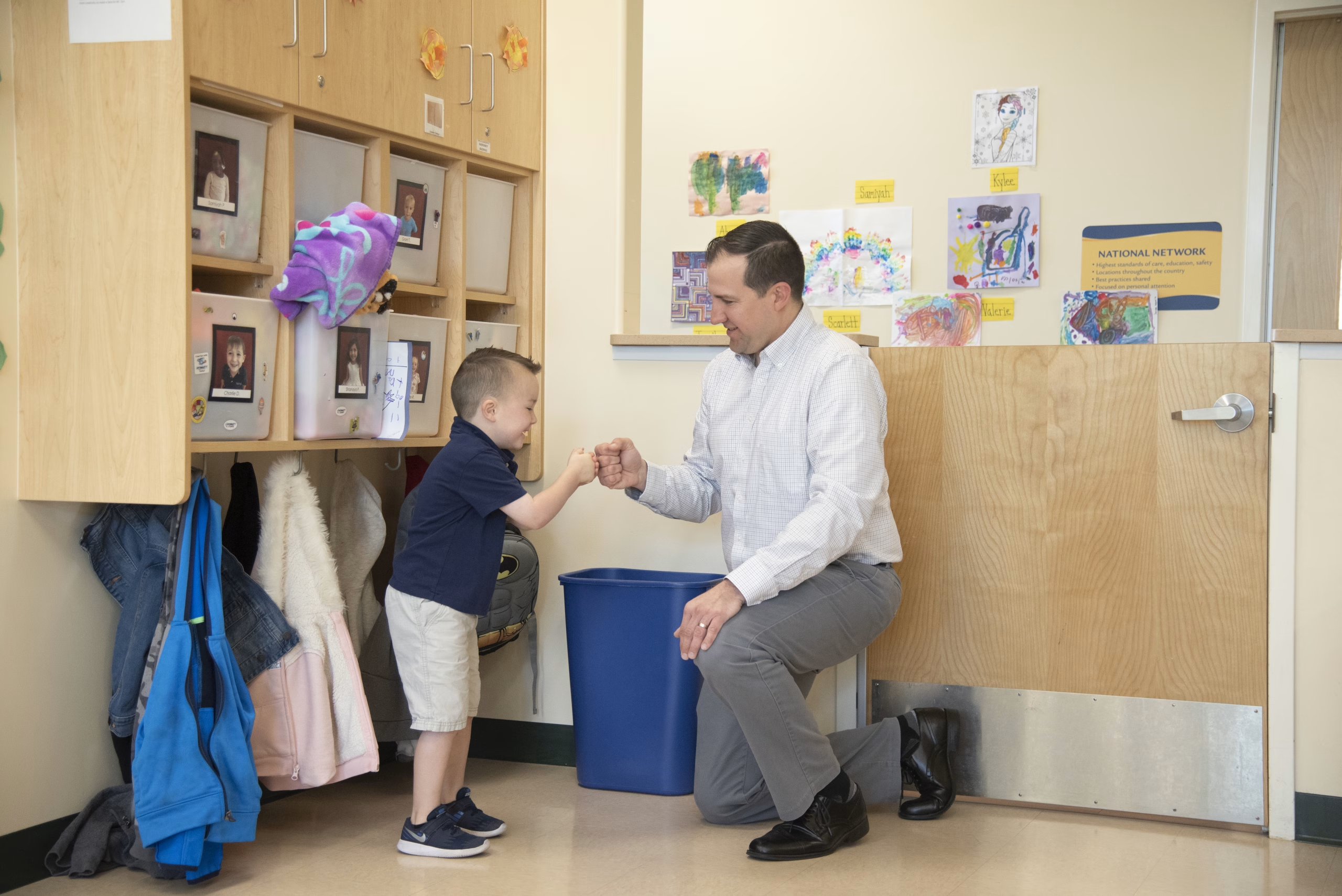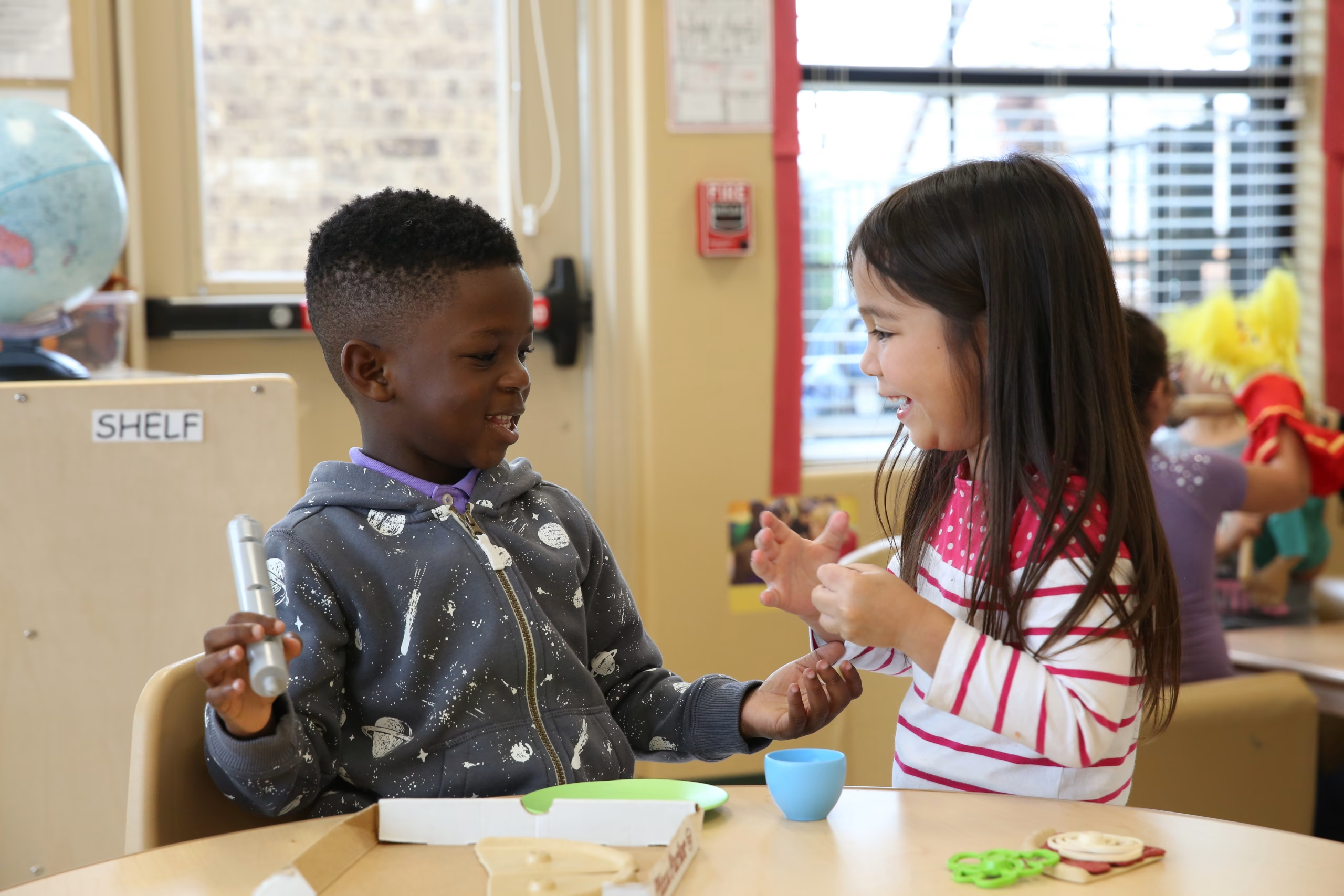
As the festive December holidays approach, our hearts are filled with warmth and the spirit of giving. It’s a time to cherish moments with loved ones and reflect on all the positive aspects of life. While families often focus on holiday parties and gift-giving, there’s a deeper layer that is sometimes overlooked—the opportunity to instill meaningful values in children.
This holiday season provides the perfect chance to nurture your little one’s empathy, generosity, compassion, and gratitude.
Here are four ways suggested by Joy Turner, Kiddie Academy® Educational Child Care vice president of education, that parents can embrace the holiday spirit and inspire it in their children year-round.
1. Reflect on the significance of the season
Amidst the holiday preparations, take time to discuss the true meaning behind December celebrations. Share what makes this season special—quality time with loved ones and meaningful traditions. Consider the holiday traditions you loved as a child and find ways to share them with your family. This is an opportunity to create new traditions that connect your child to their culture and family, fostering a deeper sense of self.
Conversations and traditions help children understand the historical, cultural, and familial significance of holidays, creating cherished memories and an appreciation for the season.
2. Foster acts of kindness
Encouraging children to perform acts of kindness is an excellent way to teach compassion and empathy.
Initiate a family conversation about different ways to show thoughtfulness to others and involve your children as active participants. Challenge them to put their ideas into action, whether it’s sharing toys with siblings, making homemade cards for a local nursing home, or supporting organizations in need during the season.
Fostering kindness practices builds children’s self-esteem and instills values that extend beyond the holiday season.
3. Rethink gift giving
Inspire your children to actively participate in the gift-giving process, which doesn’t always have to involve physical objects like toys.
Teach your children that generosity can be displayed in other ways, such as sharing your lunch with a friend who forgot theirs or offering comfort to a friend or family member who might be going through a hard time. Engaging your child in such thoughtful actions fosters empathy and underscores the importance and influence of kind deeds.
4. Practice gratitude
Conversations about gratitude often center around the holidays, but consider making it a daily activity. Establishing a daily family gratitude routine is an excellent method to instill a sense of appreciation for the small moments and things in your children’s lives.
Create gratitude jars with your children by decorating containers with craft items. Encourage them to write down one thing they are thankful for each day and add it to their jar. This practice helps children develop an attitude of gratitude and appreciation for all they have in life, becoming a valuable habit that extends beyond the holiday season.





